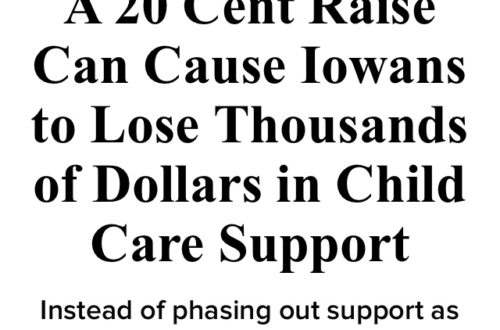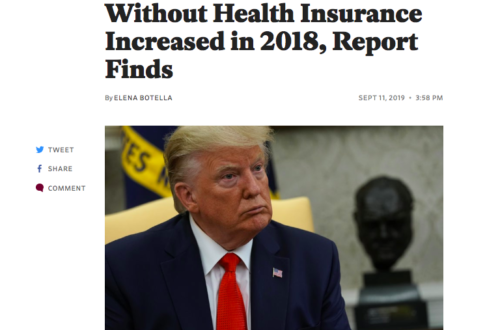In a recent working paper for the Federal Reserve of Boston, Anat Bracha and Mary Burke find that 26% of gig economy workers would accept a lower hourly wage to be able to work hours at a formal job instead of in the informal economy — even if the formal job didn’t come with benefits. While informal and ‘gig’ jobs are sometimes presented as offering greater flexibility and autonomy, Bracha and Burke’s findings strongly suggest that many would gladly ditch gig work in favor of greater predictability.
Their working paper also finds that the census districts with the highest rate of informal and gig labor force participation have the lowest rates of wage growth. One likely reason why? In places with a lot of gig workers, there are a lot of people who would like to work more paid hours — and that competition to find work drives wages down. Importantly, they find that wage growth is much more negatively tied to gig labor force participation in census districts than it is negatively tied to the unemployment rate.
All-in-all, their work suggests that our low “headline” unemployment rate of 3.7% may be misleading — people who would have previously been counted as unemployed now have more opportunities to pick up hours delivering food, driving passengers or walking dogs.
Obviously for many people, that’s better than not earning any money, but we’re probably not at “full employment” yet when so many people wouldn’t count themselves as “fully employed.” That may indicate the Fed is moving too quickly in raising rates.






3 Comments
Tim S.
Doesn’t this mean that three fourths of gig workers don’t want a predictable, steadier, more formal work situation?
Tim S.
Doesn’t this mean that three fourths of gig workers don’t want a predictable, steadier, more formal work situation? Despite gig work being less stable and secure aren’t a lot of people choosing it as a new departure from the relative stagnation and perceived lack of upward mobility and loss of freedom in more traditional and common types of work?
elenabotella
Great point/question Tim — notably, the 1/4 would be willing to take a pay cut to move into formal work. The underlying survey didn’t ask respondents to pick between formal work and informal work at the same wage, but a majority of people would switch to formal work if the wage was higher.
Another way to think of it is that at least a quarter really see no advantages at all to the informal work